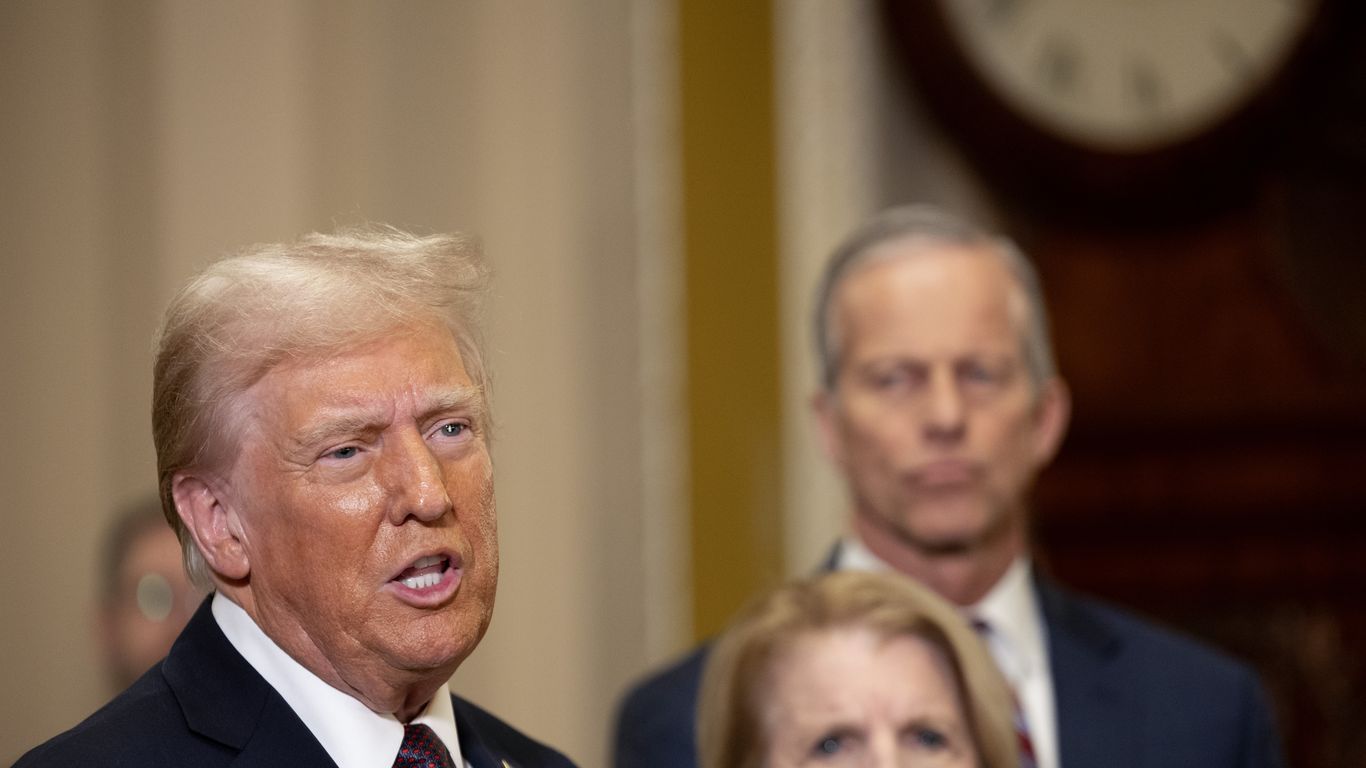Oil Prices Fall as OPEC+ Ramps Up Production

Oil prices fall as OPEC+ ramps up production
Oil prices have fallen as the Organization of the Petroleum Exporting Countries (OPEC) and its allies, collectively known as OPEC+, have agreed to increase oil production. This decision comes after months of production cuts aimed at stabilizing the market in the wake of the COVID-19 pandemic.
Background
OPEC+ has been implementing production cuts of 9.7 million barrels per day since May 2020 in an effort to combat the significant drop in oil demand caused by the global pandemic. However, with the gradual reopening of economies and increasing demand for oil, the group has agreed to ease the production cuts to 7.7 million barrels per day starting in August.
Current Scenario
This decision has resulted in a drop in oil prices, with Brent crude futures falling by 1.5% and WTI crude futures declining by 1.6%. The increase in production is expected to put downward pressure on prices, which have already been struggling to recover from the impact of the pandemic.
In addition to the increase in production, the ongoing trade tensions between the United States and China have also contributed to the decline in oil prices. U.S. stock futures have declined as tariffs on Chinese goods are set to go into effect on August 1st. The uncertainty surrounding global trade and economic recovery has also added to the downward pressure on oil prices.
Despite the recent drop in prices, some experts believe that the long-term outlook for the oil market remains positive. The gradual reopening of economies and increase in demand for oil, coupled with the production cuts implemented by OPEC+, are expected to lead to a more balanced market in the coming months.
Conclusion
The decision by OPEC+ to increase production and the ongoing trade tensions between the U.S. and China have contributed to the recent drop in oil prices. However, the long-term outlook for the market remains positive, with the gradual reopening of economies and increasing demand for oil expected to lead to a more balanced market in the future.
About the Organizations Mentioned
Organization of the Petroleum Exporting Countries (OPEC)
The Organization of the Petroleum Exporting Countries (OPEC) is a permanent intergovernmental organization founded on September 14, 1960, in Baghdad by five founding members: Iran, Iraq, Kuwait, Saudi Arabia, and Venezuela[2][3]. Its core mission is to coordinate and unify petroleum policies among its member countries to stabilize oil prices, secure a steady income for producers, and ensure a regular, efficient supply of petroleum to consumers globally[2][7]. OPEC's founding aimed to reclaim control over oil pricing from major multinational oil corporations and to prevent them from unilaterally lowering posted oil prices[3][4]. Initially headquartered in Geneva, Switzerland, OPEC moved its base to Vienna, Austria, in 1965, where it remains today[1][2][6]. The organization now comprises 15 member countries across Africa, the Middle East, and South America, including Algeria, Angola, Nigeria, and the United Arab Emirates[2][4]. Membership has seen fluctuations, with countries like Ecuador, Gabon, Indonesia, and Qatar temporarily suspending or terminating membership due to disagreements over production quotas or shifting energy strategies[4]. OPEC makes decisions primarily through the OPEC Conference, where oil ministers from member states meet at least twice yearly, operating largely on unanimity and equal voting rights, though Saudi Arabia acts as the organization's de facto leader due to its significant production capacity[1]. The group influences global oil markets by coordinating production quotas to manage supply, aiming to mitigate harmful price fluctuations and maintain market stability[2][5]. Historically, OPEC gained political and economic prominence in the 1970s by nationalizing oil reserves and leveraging oil supply as geopolitical power, notably during the 1973 oil embargo, which caused a dramatic price surge and global economic disruption[3]. The organization’s ability to impact global energy markets has made it a critical player in international business, technology, and economic policy discussions. Today, OPEC continues to shape energy














